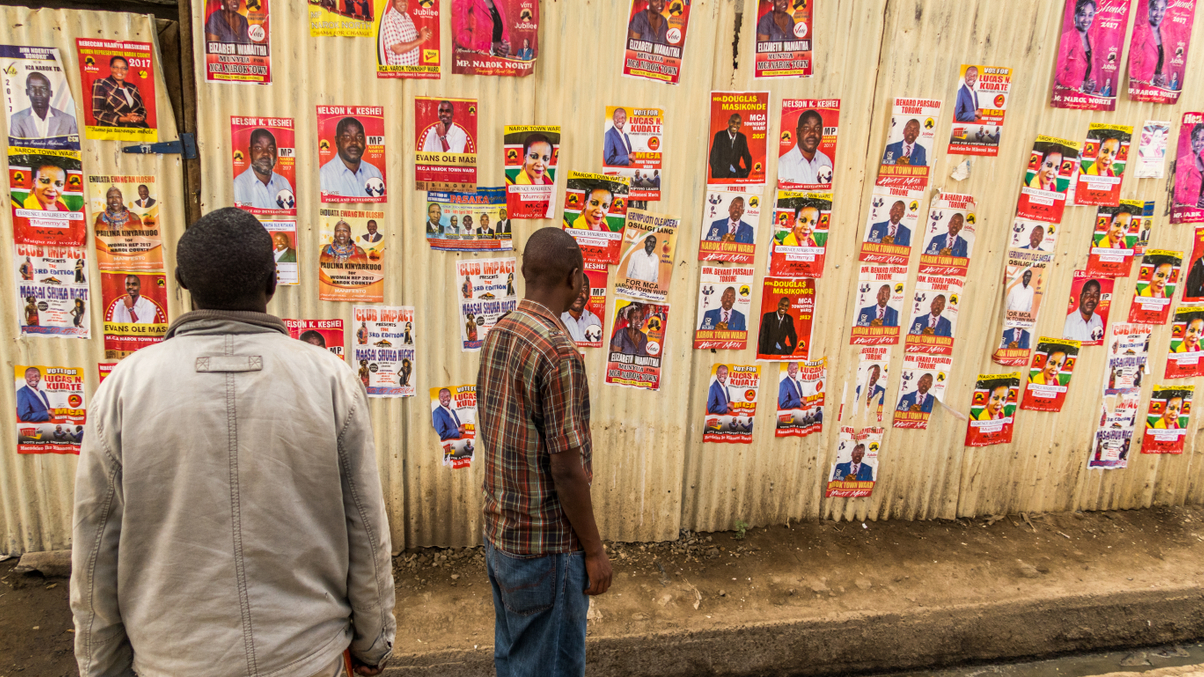partner content
Emerging markets: why politics matter in 2018
The global political stage will remain firmly in the spotlight this year. It’s not just the Trump administration dominating the news flow: emerging markets face a raft of tight and unpredictable elections in the next 12 months.

Looking back: politics impact emerging markets
Sign in to read on!
Registered users get 2 free articles in 30 days.
Subscribers have full unlimited access to AsianInvestor
Not signed up? New users get 2 free articles per month, plus a 7-day unlimited free trial.
¬ Haymarket Media Limited. All rights reserved.


